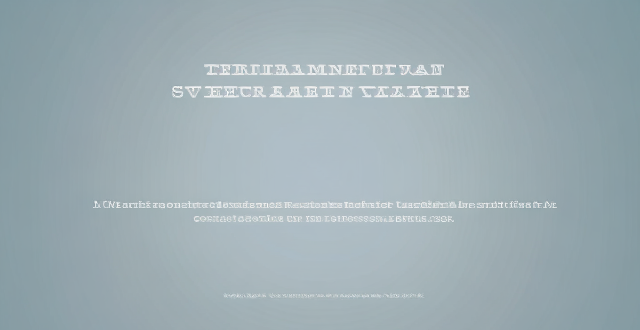Jailbreaking or rooting a phone allows users to bypass manufacturer and carrier restrictions, offering more control and customization options. While this practice is not inherently illegal in the United States since the passage of the Digital Millennium Copyright Act in 2010, it comes with several responsibilities and risks. Users must adhere to copyright law when downloading apps and operating systems, and they risk voiding their warranty, missing out on crucial updates, and exposing their device to security threats. Despite these challenges, many choose to jailbreak or root for benefits such as extensive customization, space optimization, and the ability to install unofficial apps. It's essential to consider both the advantages and potential drawbacks before proceeding with any modifications.

Is It Illegal to Root a Phone?
Jailbreaking or rooting a phone has become a popular practice among users seeking more control and customization options for their devices. However, the legality surrounding these practices can be a complex issue. This discussion aims to clarify whether rooting a phone is illegal and to understand the implications of such actions.
What Does It Mean to Jailbreak or Root a Phone?
Before diving into the legal aspects, it's essential to understand what jailbreaking and rooting entail:
- Jailbreaking: Specifically refers to bypassing Apple’s software restrictions on iPhones to gain administrator-level control.
- Rooting: Achieves similar outcomes on Android devices, allowing users to manage their phones at the superuser level.
Both practices enable users to customize their devices beyond the limitations set by manufacturers and carriers. For instance, users might change the operating system, install unofficial apps, or modify device settings extensively.
Legality of Jailbreaking and Rooting
The legal landscape regarding jailbreaking and rooting has evolved over the years. In the United States, jailbreaking has been legal since the passage of the Digital Millennium Copyright Act in 2010. This legislation grants users the right to root access to their phones. However, there are still limitations and responsibilities that come with this freedom:
- Copyright Law: Users must adhere to copyright law when downloading apps and operating systems. Using pirated copies remains illegal, even if your device is jailbroken or rooted.
- Warranty Implications: Manufacturers may void the warranty on a device that has been jailbroken or rooted.
- Security Risks: Rooting a phone can expose it to malware and hacks, potentially compromising personal data.
- Updates: Users might miss out on crucial updates, including security patches and new features, after jailbreaking or rooting their devices.
Benefits of Jailbreaking or Rooting
Despite the risks and legal considerations, many users opt to jailbreak or root their devices for several benefits:
- Customization: Enjoy extensive control over the look and operation of the phone, including changing themes and visual elements.
- Space Optimization: Remove unwanted bloatware and other apps/software to free up space.
- OS Switching: Possibility to install another operating system, like Android on an iPhone (provided it is legally obtained).
- Advanced Settings: Change phone settings at the admin level, such as CPU usage, though this might affect battery life.
- Unofficial Apps: Install apps not available via official stores, including those that extend functionality like turning the phone into a hotspot.
Risks Associated with Jailbreaking or Rooting
Embracing the freedom that comes with jailbreaking or rooting also means facing certain risks:
- Void Warranty: Manufacturers may not honor the warranty of a device that has been modified.
- Bricking: The phone might become inoperable due to improper jailbreaking or a faulty app.
- Security Compromise: Greater exposure to malware and hacks that could compromise personal data.
- Update Losses: Missing out on valuable updates that include new features and crucial security patches.
In conclusion, while it is not inherently illegal to root a phone in the United States since the passage of the DMCA in 2010, users must navigate a landscape of potential risks and responsibilities. It's crucial to weigh the pros and cons carefully before deciding to jailbreak or root a phone. Always ensure that any modifications are made with awareness of the legal and security implications involved.